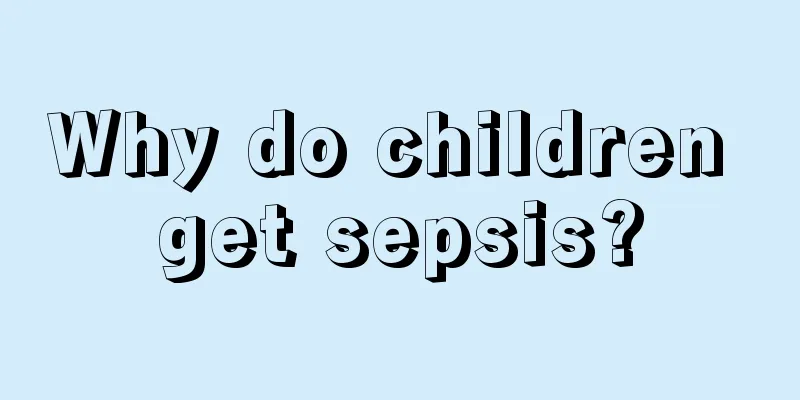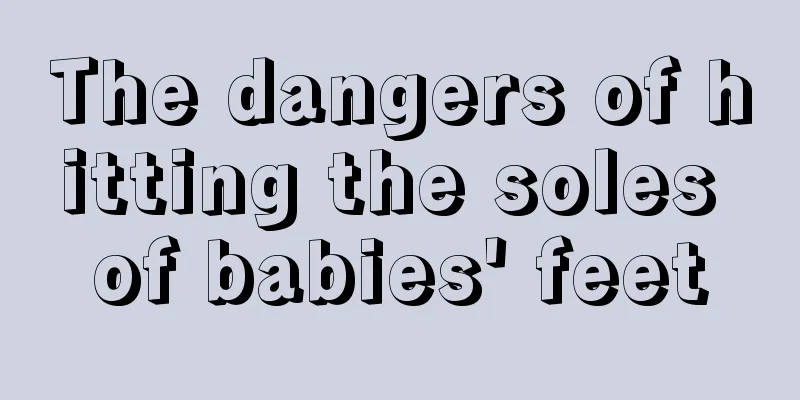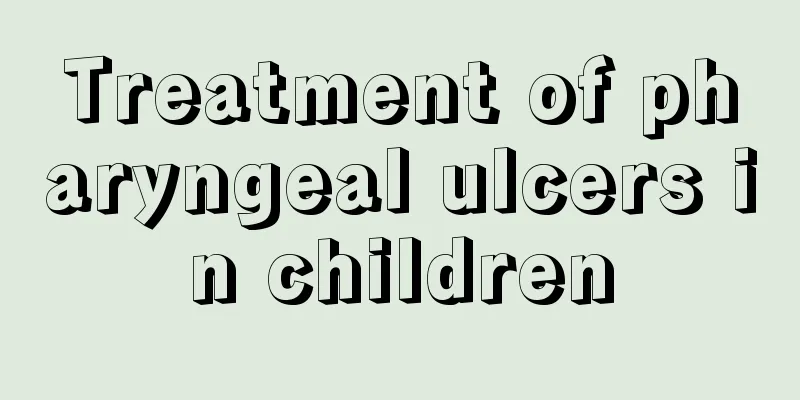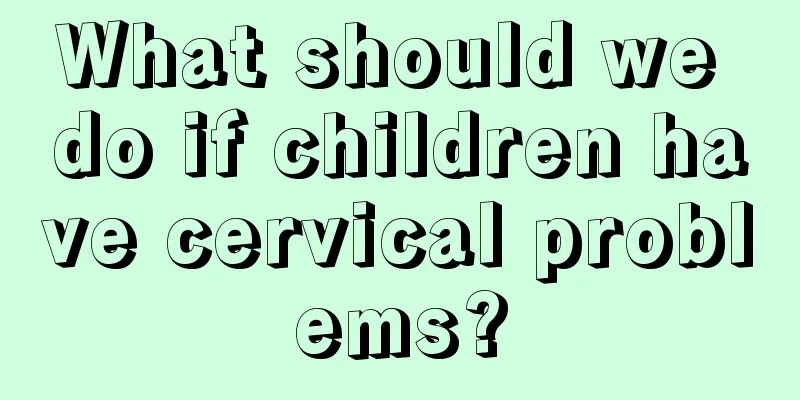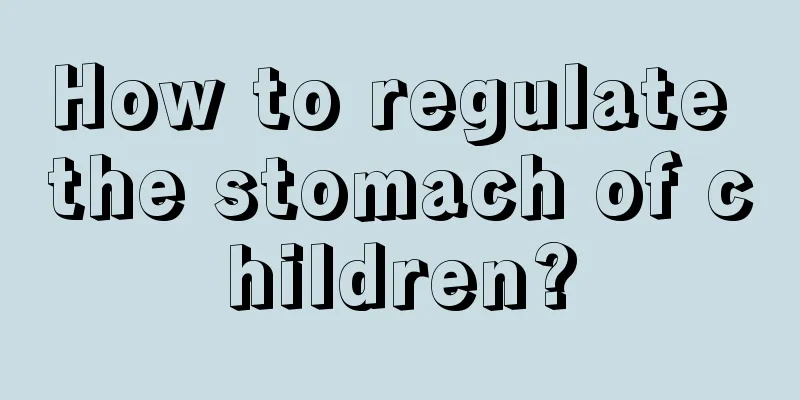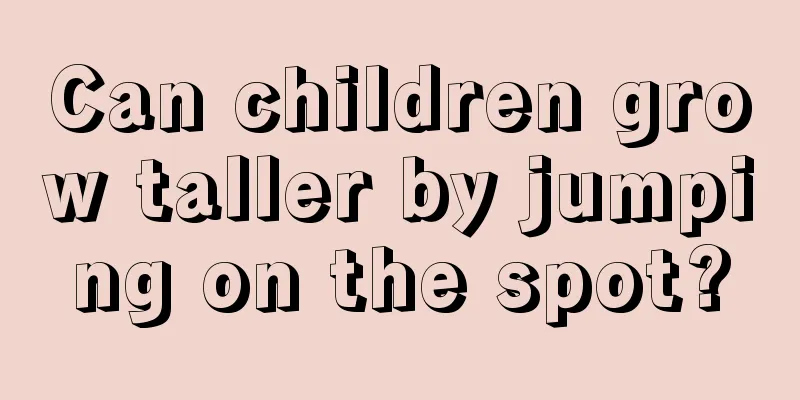What is the respiratory rate per minute of a newborn baby?
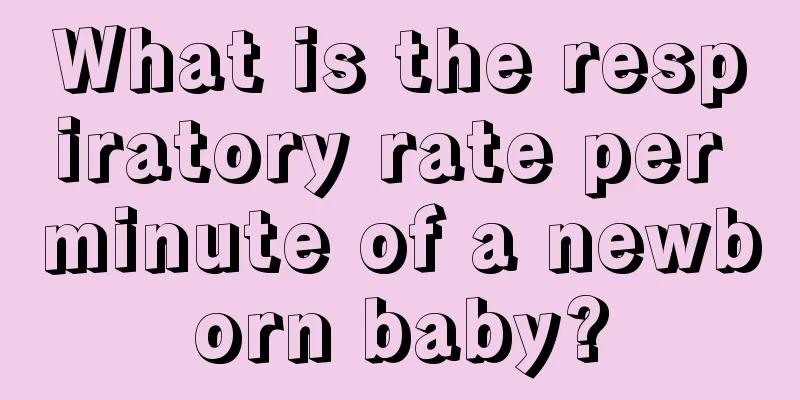
|
From birth, every movement of a newborn's body has attracted the attention of parents. Many parents will find that their children breathe faster than normal people. Some children will gasp like asthma when sleeping or feeding. Many parents will worry whether there is a problem with their children's respiratory system. In fact, parents don’t need to worry too much. Let me tell you, what is the correct breathing rate per minute for a newborn? The normal respiratory rate of a newborn is faster than that of an adult, reaching 40 to 60 times per minute. If a newborn baby's breathing rate exceeds 60 times per minute when in a quiet state, then the child can be said to be short of breath. The more common causes of shortness of breath are: (1) Amniotic fluid inhalation during birth affects normal gas exchange, and the newborn has to rely on compensatory breathing to make up for the deficiency. Another type of so-called neonatal wet lung refers to the temporary increase in breathing before the fluid in the lungs during the fetal period is completely absorbed at birth. It usually disappears on its own within 2 to 3 days. (2) Congenital malformations can affect gas exchange and insufficient oxygen supply, causing shortness of breath. (3) Dyspnea syndrome is more common in premature infants born by elective caesarean section. Most of them experience progressive, paroxysmal dyspnea within 12 hours after birth, with inspiratory retractions between the ribs and under the xiphoid process, followed by apnea and irregular breathing. The disease is associated with immature lung development and has a high mortality rate. (4) Neonatal pneumonia is different from that of older children. Neonatal pneumonia often does not cause coughing or fever, but is mainly manifested by shortness of breath. Severe cases may also include nasal flaring, nodding breathing, and cyanosis. Both adults and newborns have normal breathing conditions. The reason why the normal breathing of newborns is faster than that of adults, reaching 40-61 times per minute, is because the child's cardiopulmonary function, absorption is vigorous, the respiratory system is relatively fast, and the child comes to the outside world for the first time and has not yet adapted to the surrounding environment. |
<<: Why does my child breathe heavily when sleeping?
>>: What is the best food for children with colds?
Recommend
How to care for and relieve baby drool rash
My baby is always drooling and has many small ras...
The reason why eight-month-old babies have hard stools
Because the weather is very hot now, and eating s...
What is precocious puberty?
Perhaps the name of precocious puberty is unfamil...
Baby farts instead of pooping
Some babies suffer from constipation due to milk ...
77-day baby development standard
In fact, the development of babies at 77 days old...
Causes and treatments of pus in children's ears
There are many things that can happen to the ears...
What are the symptoms of congenital heart disease in children?
We all know that congenital heart disease is very...
What to do if your child has intellectual disability
There are many reasons that lead to intellectual ...
Why is my baby's poop black?
The baby's poop is black because the baby eat...
What should I do if my baby has red stools?
This situation in which babies have red stools du...
Does your baby have swollen eyes when he wakes up?
Every morning when we wake up, we will find that ...
What are the nursing measures for children with pneumonia?
Pneumonia is a common disease in humans. In the p...
5-year-old children's education
Now everyone is actively responding to the requir...
Can babies eat pigeons? Strictly control the amount
As we all know, pigeon porridge is a very good nu...
Why does my baby poop after eating?
We all know that only by ensuring that the baby c...


